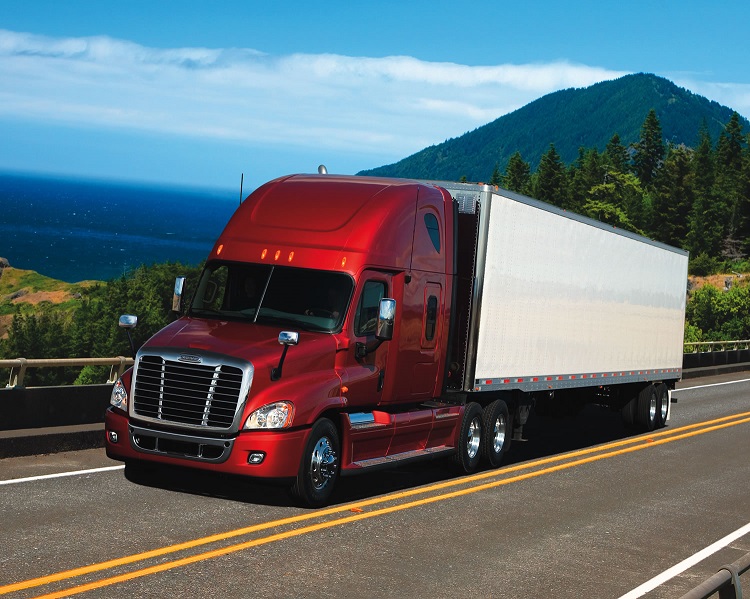

Trucking accidents differ from other auto collisions in several ways. There are unique laws and rules which can apply to a trucking collision, as well as a few common questions that will likely come up. Knowing the basics about trucking accidents can help prepare you for worst-case scenarios.
What’s the most common cause of trucking accidents? Unsurprisingly, it’s a tired driver behind the wheel. While there are plenty of laws in place to protect truck drivers from fatigue, the truth is that many drivers either feel pressured to deliver at a certain date or convince themselves they’re not as tired as they are. Federal guidelines require that no trucker drive over 16 hours in a 24-hour period, but that law is often broken, at a high price. Driving tired is just as dangerous, if not more so, than driving drunk.
So, Who’s At Fault?
Just like any other auto accident, there’s no one-size-fits-all answer. In fact, when a truck is involved in a collision, there are even more people who may be at fault than the two people behind the wheel. For example, the truck driver’s employer may be found to be at fault if he encouraged the driver to get (or stay) behind the wheel beyond federal time regulations. A full investigation is necessary in order to determine who would be at fault.
Another big question is how long a person has to file a claim post-accident. Drivers have a two-year period in which to file a personal injury claim, but it is best to do so as soon as possible. If you’re in a collision with a truck driver, that driver likely works for a company which has a team of attorneys on retainer—and their job is to get you to settle as quickly as possible for the lowest possible compensation. The odds are more in your favor if you file immediately and secure your own personal injury attorney.
Questions Everyone Should Ask
“What kind of damages can I claim?” is a question everyone should ask a Vancouver truck accident lawyer when in an accident. Damages can include lost earning capacity, lost income, medical expenses, physical and emotional pain and suffering, and of course property damage. If you lost a loved one in a trucking accident, you may qualify for a wrongful death lawsuit in Vancouver as well as loss of benefits, loss of companionship, and loss of projected future income.
No matter what, remember that if you accept a settlement, you’re waiving your rights to pursue compensation in a personal injury claim. Often, settlements are not enough to properly compensate the victim. This is especially true if you are facing medical issues, since some conditions (such as whiplash) may not be apparent right away. Settling is risky business, especially if you do so without legal counsel. Unlike other accidents, dealing with trucking companies can be difficult and you might feel pressured into accepting a settlement you’re not 100 percent comfortable with. You deserve better, and that’s exactly what we can provide.